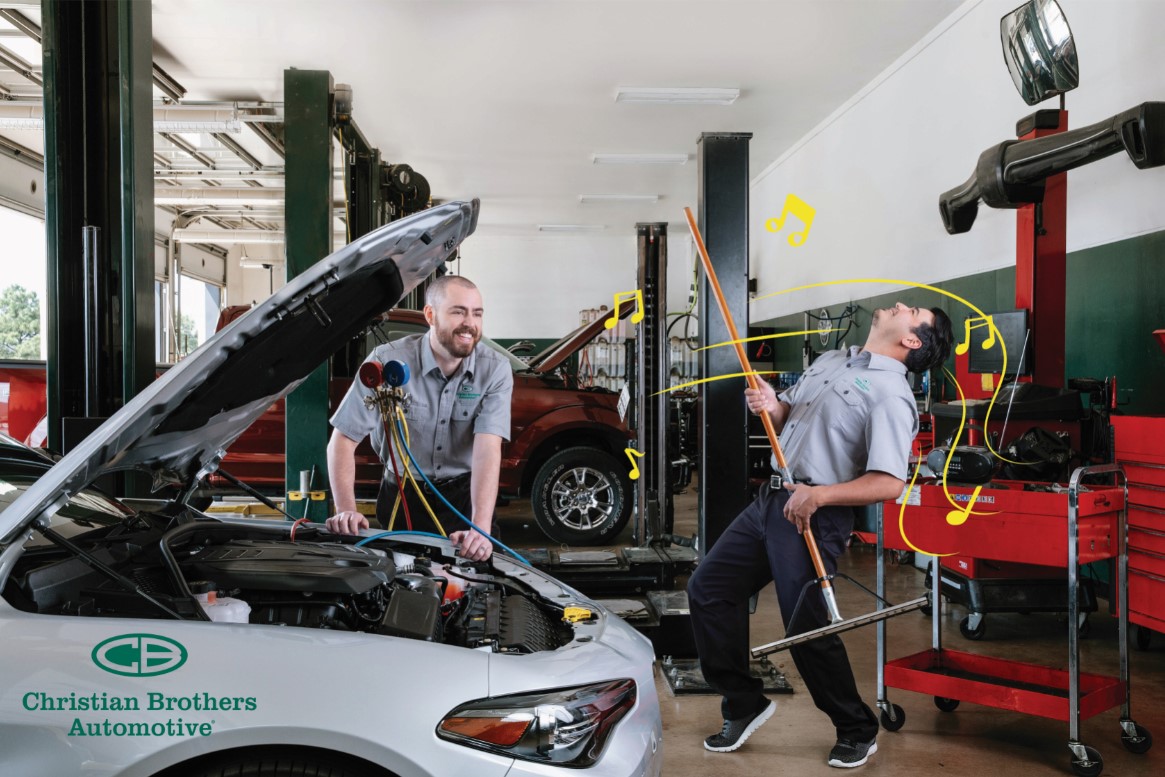All Categories
Featured
Engine repairs are often one of the most expensive repair work you could run into as a car proprietor. The cost of fixing or changing components of your engine can differ widely, and several aspects play a role in figuring out the final price.
For instance, an easy oil modification or ignition system replacement might just cost you a couple of hundred dollars, while an engine restore or replacement could cost a number of thousand dollars. The level of the problem and the components that require to be replaced are crucial elements in computing the final expense.
![]()
Furthermore, the amount of labor needed relies on the kind of engine issue. A repair work calling for complete engine disassembly will take even more time than replacing a basic component, and this added time is reflected in the labor expense.
![]()
Additionally, the make and model of your automobile can influence the cost of engine fixings. Deluxe or international vehicles commonly require extra pricey components that might be harder to discover, driving up the overall repair service cost. Common domestic vehicles tend to have more conveniently offered parts and may be less costly to repair.
Older lorries may additionally have problem sourcing parts, especially if the car is terminated or unusual. In such situations, you may require to utilize refurbished or made use of components, which can occasionally lower expenses yet might come with additional risks concerning top quality and reliability.
On the other hand, lorries from even more typical brand names like Ford, Toyota, or Honda often tend to have reduced fixing prices because their parts are more widely offered, and several technicians are acquainted with them. Repair stores usually have the necessary devices for these vehicles, which helps in reducing labor time and costs.
![]()
Verdict. Engine fixing expenses can be substantial, however comprehending the aspects that affect these prices can help you make far better decisions when it comes time for repair services. The intensity of the damages, the kind of parts used, labor prices, the make and model of your vehicle, and the diagnostic charges are all vital factors that contribute to the overall repair service cost.
- The Extent of the Damages. The seriousness of the engine concern is possibly the most substantial consider determining the price of repair services. Small engine issues, such as damaged spark plugs, damaged belts, or a damaged sensor, are generally less costly to take care of since they don't call for taking apart the engine. On the other hand, more serious problems like a fractured cyndrical tube head, blown gasket, or a damaged crankshaft can be very pricey as a result of the complexity and substantial labor involved.
For instance, an easy oil modification or ignition system replacement might just cost you a couple of hundred dollars, while an engine restore or replacement could cost a number of thousand dollars. The level of the problem and the components that require to be replaced are crucial elements in computing the final expense.

- Labor Expenses. Labor is among the key costs related to engine fixing. This is particularly true for intricate repair work, as fixing engine problems usually needs hours or perhaps days of work. Labor expenses can vary depending on where you live, as service center in urban areas commonly bill more per hour than those in rural locations. Generally, labor prices can range from $80 to $150 per hour, with more specialized or skilled auto mechanics charging higher prices.
Furthermore, the amount of labor needed relies on the kind of engine issue. A repair work calling for complete engine disassembly will take even more time than replacing a basic component, and this added time is reflected in the labor expense.
- Parts and Products. The expense of replacement parts can additionally vary significantly, specifically if you're utilizing initial tools manufacturer (OEM) components or high-performance components. OEM components are normally much more expensive than aftermarket components, but they are typically recommended to make certain the durability and proper feature of the engine. Aftermarket parts are typically less expensive and can provide an extra budget-friendly option, but they might not constantly satisfy the exact same top quality criteria as OEM components.

Additionally, the make and model of your automobile can influence the cost of engine fixings. Deluxe or international vehicles commonly require extra pricey components that might be harder to discover, driving up the overall repair service cost. Common domestic vehicles tend to have more conveniently offered parts and may be less costly to repair.
- Age and Gas Mileage of the Car. The age of your automobile plays a substantial function in figuring out the price of engine fixing. Older vehicles with high gas mileage often tend to have more damage on the engine elements, which suggests that repair work may be more expensive and substantial. Over time, engine components wear down and are much more likely to fail, leading to even more frequent repair services.
Older lorries may additionally have problem sourcing parts, especially if the car is terminated or unusual. In such situations, you may require to utilize refurbished or made use of components, which can occasionally lower expenses yet might come with additional risks concerning top quality and reliability.
- Lorry Make and Design. The specific make and model of your vehicle will greatly affect the expense of engine repairs. As an example, high-end brands like BMW, Mercedes-Benz, and Audi usually have higher repair expenses because their parts are more expensive, and specialized understanding is called for to work with them. In addition, these brands might need certain tools or analysis tools, which can include in the total expense.
On the other hand, lorries from even more typical brand names like Ford, Toyota, or Honda often tend to have reduced fixing prices because their parts are more widely offered, and several technicians are acquainted with them. Repair stores usually have the necessary devices for these vehicles, which helps in reducing labor time and costs.

- Diagnostic Fees. Prior to carrying out any repairs, the mechanic will usually perform an analysis examination to figure out the root reason of the issue. This test might entail scanning the automobile's onboard computer or carrying out different checks to analyze engine efficiency. Analysis fees generally range from $50 to $150, relying on the complexity of the examinations. Some repair service shops might offer a price cut or forgo this fee if you choose to proceed with the recommended repair work, while others may bill it individually.
- Location of the Service Center. Where you take your lorry for repairs can also influence the cost. In contrast, fixing stores located in smaller communities or less populated locations may supply much more competitive rates.
Verdict. Engine fixing expenses can be substantial, however comprehending the aspects that affect these prices can help you make far better decisions when it comes time for repair services. The intensity of the damages, the kind of parts used, labor prices, the make and model of your vehicle, and the diagnostic charges are all vital factors that contribute to the overall repair service cost.
Latest Posts
Explore Oil Changes & More: Complete Auto Care Solutions from Montclare Auto Repair
Published May 29, 25
1 min read
Explore Oil Changes & More: Complete Repair Options from Montclare Auto Repair
Published May 25, 25
1 min read
Check Out Affordable Auto Repairs with Montclare’s Limited-Time Service Specials
Published May 22, 25
1 min read
More
Latest Posts
Explore Oil Changes & More: Complete Auto Care Solutions from Montclare Auto Repair
Published May 29, 25
1 min read
Explore Oil Changes & More: Complete Repair Options from Montclare Auto Repair
Published May 25, 25
1 min read
Check Out Affordable Auto Repairs with Montclare’s Limited-Time Service Specials
Published May 22, 25
1 min read